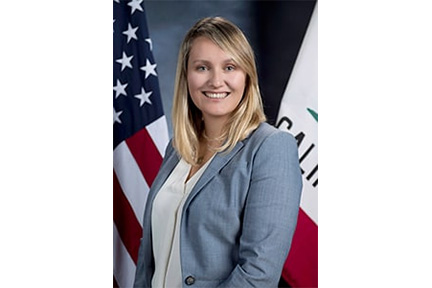SACRAMENTO — On Tuesday, Assemblymember Buffy Wicks released the following statement regarding the decision to hold Assembly Bill 1993, which would require all California businesses to require their employees and independent contractors to receive the COVID-19 vaccine.
“Our priority during this pandemic has been to make sure all Californians are as safe as possible by following the data and science around public health — which is why California continues to have some of the lowest COVID case rates, deaths and injuries per capita. We introduced AB 1993 because of the high volume of workers, employers and public health experts who expressed the need for vaccine requirements, yet felt unable to make these changes on their own.
We are now in a new and welcome chapter in this pandemic, with the virus receding for the moment. This provides for us the opportunity to work more collaboratively with labor and employers to address concerns raised by the bill. That is why we have decided to put AB 1993 on pause, and allow space for these conversations to continue and progress.
While I’m disappointed in the opposition to this bill by public safety unions, it’s my hope that they will ultimately come to the table to make sure all of their workers are vaccinated, and that every job sector in California has the tools necessary to keep their workers safe from COVID-19.
Vaccines, and vaccine requirements, remain a critical tool for moving from pandemic to endemic. That work is still needed, and it could still ensure that millions more Californians become vaccinated. We will continue to monitor new variants and waves, engage with stakeholders on all sides, listen to our public health experts, and be prepared to take action to keep our workers safe and our economy moving.“
Editors Note
Wicks introduced the bill in February which would have made California the first-in-the-nation that would mandate all businesses in the state to require their employees and independent contractors to receive the COVID-19 vaccine.
AB 1993 would require new hires of a business to have at least one shot by their first day on the job, and the second within 45 days. The bill includes no option for a testing alternative unless an employee qualifies for a medical or religious exemption.

